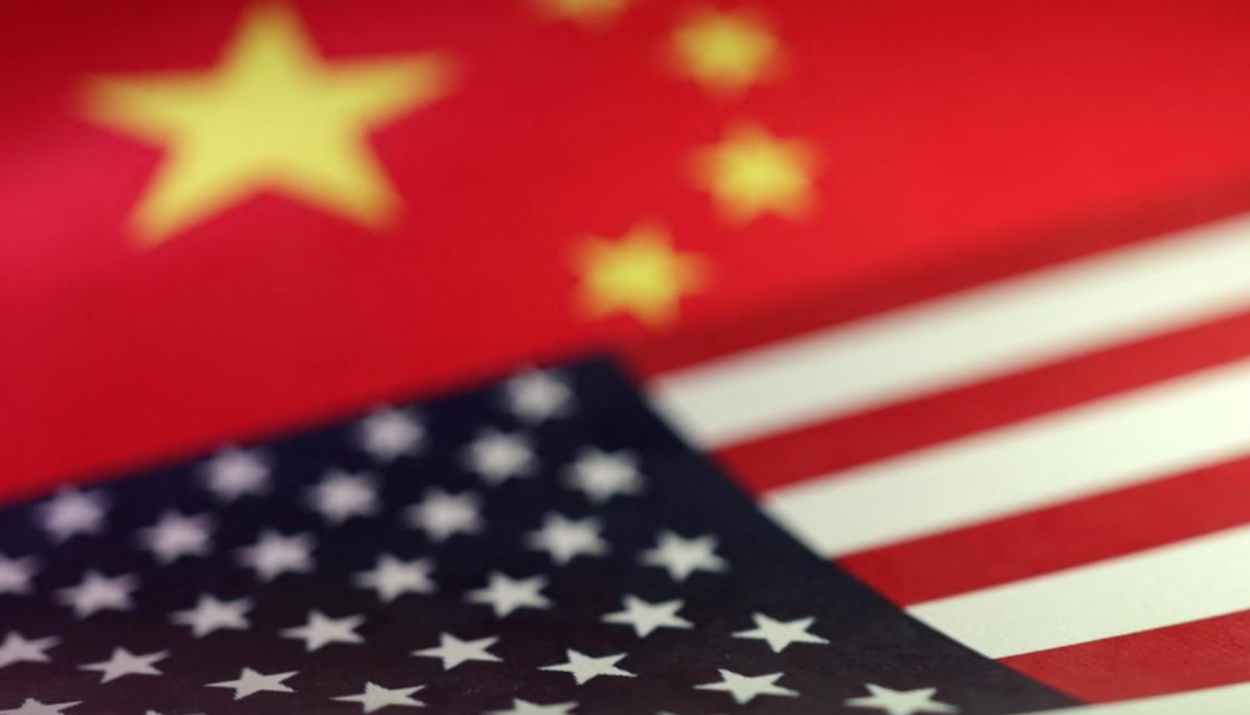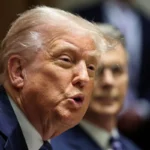China may suspend tariffs on U.S. medical gear, chemicals, and aircraft leases, mirroring recent U.S. tariff carve-outs on electronics.
China is weighing whether to suspend its 125% tariffs on selected U.S. imports as domestic industries feel the strain from the ongoing trade war with Washington, Bloomberg reported on Friday, citing people familiar with internal discussions.
Targeted Exemptions Being Considered:
- Medical equipment such as MRI and ultrasound machines (from firms like GE Healthcare)
- Industrial chemicals including U.S.-sourced ethane
- Aircraft leasing fees, which had threatened to cripple Chinese airlines financially
These proposed carve-outs come after the U.S. excluded electronics like smartphones and laptops from its own 145% reciprocal tariffs earlier in April—moves that have provided much-needed relief to global tech manufacturers such as Apple and Nvidia.
Why It Matters:
Though the U.S. imports significantly more from China than vice versa, Beijing remains dependent on certain American goods. Chinese plastics manufacturers rely on U.S. ethane, and its hospitals depend on high-end diagnostic equipment.
Some Chinese airlines have reportedly already been told they will not be taxed for leasing planes from companies operating in free trade zones. Meanwhile, traders have circulated unofficial customs codes potentially linked to tariff-exempt chemicals and chip components.
Semiconductor Carve-Outs Coming?
According to Chinese outlet Caijing, Beijing also plans to waive tariffs on at least eight semiconductor-related products—excluding memory chips, a decision that could hurt U.S. firm Micron Technology, the world’s third-largest memory chipmaker.
Outlook: Talks or More Tension?
Despite Trump’s repeated optimism about restarting trade negotiations with China, Beijing has publicly denied any current talks and demanded the U.S. “revoke all unilateral tariffs” before dialogue can resume.
Meanwhile, President Trump has so far been unable to secure a direct call with President Xi Jinping, as Chinese officials insist on lower-level engagement first.
Market Reaction:
News of potential Chinese exemptions lifted the offshore yuan, which flipped from early losses to gains, trading at 7.2857 per dollar after the report.
What’s Next?
The list of exempt goods remains fluid. Chinese authorities have asked impacted companies to submit product codes for items they want excluded, and exemptions may be expanded further.
While the trade war continues to disrupt supply chains globally, both sides appear to be feeling the economic burn—and slowly looking for ways to de-escalate without losing face.
Disclosure: This article does not represent investment advice. The content and materials featured on this page are for educational purposes only.
Related:
Trump denies China’s statement about no trade talks with US, says they met ‘this morning’
Donald Trump to exempt carmakers from some US tariffs
EU slaps Apple and Meta with $800 million in antitrust fines. Meta calls its penalty a ‘tariff’
Tesla Earnings: Profit Plunges 71%, Elon Musk will step back from DOGE
Trump Says China Tariffs Will Be Lower, and ‘No Intention’ of Firing Powell
White House is ‘close’ on Japan, India tariff agreements — but expect them to be light on specifics
Bear Market Survival Guide: How to Stay Smart, Calm, and Positioned for the Rebound
OpenAI spends ‘tens of millions of dollars’ on people saying ‘please’ and ‘thank you’










